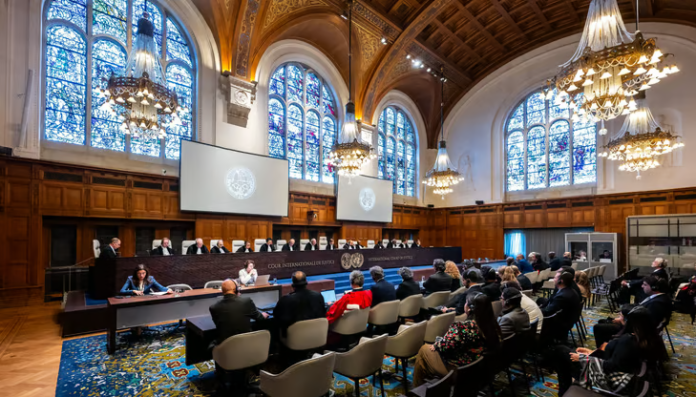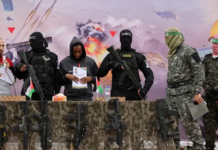South Africa recently made headlines as it presented its case against Israel at the International Court of Justice in The Hague.
The country’s legal team, consisting of prominent representatives such as Ronald Lamola, Adila Hassim, Tembeka Ngcukaitobi, John Dugard, Max du Plessis, Blinne Ni Ghralaigh, Vaughan Lowe, and Vusimuzi Madonsela, accused Israel of committing genocide against the people of Gaza.
The hearing drew significant attention, with hundreds of pro-Palestinian supporters gathering outside the court to show their solidarity. South Africa’s presentation aimed to shed light on the alleged human rights violations and the suffering endured by the people of Gaza.
[ South Africa Presents Genocide Case Against Israel At ICJ ]
Israel’s Foreign Ministry responded to the accusations with a strongly worded statement, accusing South Africa of “functioning as the legal arm” of Hamas. The statement reflects the ongoing tensions and differing perspectives surrounding the Israeli-Palestinian conflict.
While it is not within the scope of this article to delve into the complexities of the conflict, it is important to acknowledge the significance of South Africa’s decision to bring this case before the International Court of Justice. The accusations of genocide carry immense weight and demand careful consideration.
The International Court of Justice serves as the principal judicial organ of the United Nations and has the authority to settle legal disputes between states. Its role in adjudicating matters of international law is crucial for maintaining peace and justice on a global scale.
The accusations made by South Africa raise important questions about the responsibility of states in upholding human rights and preventing genocide. Genocide, as defined by the United Nations, refers to acts committed with the intent to destroy, in whole or in part.
Catch up with the latest news from The Times Post on WhatsApp by following our channel. Click here to join.















